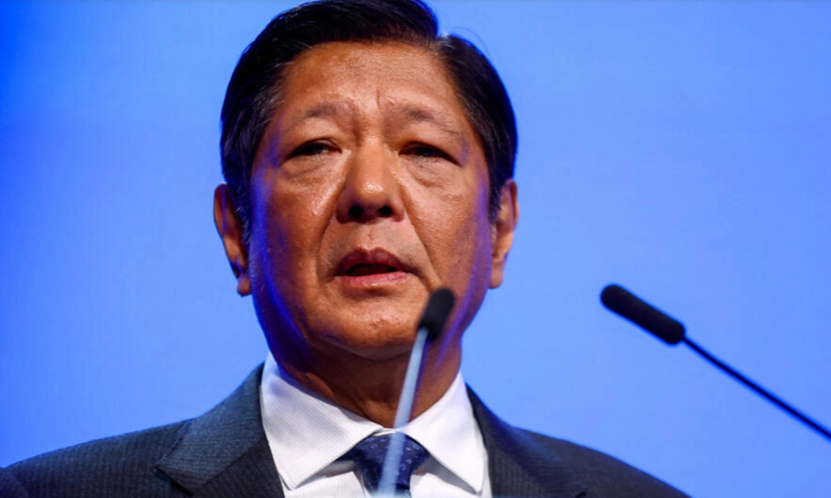
Philippine President Announces Complete Ban on Offshore Gambling
Philippine President Ferdinand Marcos announced during his state of the nation address on July 22, 2024, that the Philippines will completely ban all offshore gambling operations (POGO) as of that day. This decision stems from offshore gambling's alleged involvement in various illegal activities, including financial fraud, money laundering, prostitution, human trafficking, kidnapping, torture, and even murder.
Global leading quick-rich industry platform PASA (www.pasa365.com)Note: Offshore gambling, as the term suggests, refers to gambling companies registered and operating abroad, primarily offering services locally or in other regions through online platforms. POGO (Philippine Offshore Gaming Operations) refers to the offshore gambling operations in the Philippines, which are usually based in the country but mainly serve international customers. Offshore gambling is not equivalent to online gambling, but it typically includes the operations of online gambling.
President Marcos has ordered the Philippine Amusement and Gaming Corporation (PAGCOR), the country's gambling regulatory body, to cease all offshore gambling operations by the end of 2024. Additionally, he has requested the Department of Labor to assist Filipino workers who will be unemployed due to this ban.

These measures demonstrate the Philippine government's commitment to regulating the gambling industry and its associated illegal activities. Prior to this, the government had already taken steps to restrict offshore gambling, including revoking several operators' licenses and deporting foreign workers. Neighboring countries have also been calling on the Philippines to completely ban offshore gambling and collaborate with Philippine law enforcement to combat transnational gambling and telecom fraud.
Indeed, this move by the Philippines had early signs, with several legislators previously advocating for restrictions or even a ban on offshore gambling.
However, it would be somewhat predictable to simply assume that the ban is a response to illegal activities associated with offshore gambling.
The Economic Factor in Banning Offshore Gambling!
A classic saying goes: Most of the world's problems are economic problems.
The Philippines' halt on offshore gambling is not merely a matter of public order; economic issues are likely a more significant concern!
This may seem contradictory, as offshore gambling also contributes to employment and tax revenue in the Philippines.
Actually, it's not contradictory at all!
While it's true that offshore gambling brings economic income, the associated losses are much greater!
Offshore gambling in the Philippines thrives behind the scenes, cloaked in numerous illegal activities unrelated to gambling. These activities not only disrupt social order in the Philippines but also severely tarnish its international image. It's estimated that the illegal activities involved in offshore gambling cause substantial annual losses to Philippine society, though specific figures are hard to accurately calculate; however, the impact is undeniable.
The tourism industry is undoubtedly affected by public safety issues, which is one of the economic pillars of the Philippines. In 2023, the direct added value of the tourism industry to the GDP was 8.6%, providing approximately 6.21 million jobs, accounting for 12.9% of the total employment in the country.

In the first half of 2024, international tourists generated tourism revenue for the Philippines that increased by over 30% compared to the same period last year, reaching 2821.7 billion pesos (approximately 48.4 billion USD), up 32.8% from 2124.7 billion pesos. These data show that the Philippines is increasingly attractive as a tourist destination, and the tourism industry is a significant driving force behind the country's economic growth.










